In the eleven years since Kayla was born there have been a whole slew of new books/memoirs written on this subject. Most of the memoirs follow the same type of story line and revolve around the children still being very young in age. I'm always interested in the next book on this topic as I enjoy reading about another family's life experience.
The newest/latest book I've had the opportunity to read is unlike previous books (that I'm aware of) in a couple of ways: The book, Life With a Superhero Raising Michael Who Has Down Syndrome, is about the adoption of Michael as an infant from another country, and the story follows Michael into adulthood.
The title Life With a Superhero is not about Michael being a superhero, or having above-human qualities, or being angelic, but the title comes from Michael's love of all things superhero.
Since the author, Kathryn Hulings, adopted Michael this memoir doesn't take on the same tone or storyline of other memoirs with receiving a surprise diagnosis, grappling with the meaning of the diagnosis, and finally coming to acceptance of the diagnosis.
While I don't know Kathryn Hulings, and have never met her, her writing has a feeling of raw emotions and sharing the good, the bad, the ugly. Reading her story felt authentic, as if she didn't hold back. She talks about her parenting style and sharing parenting moments that she regrets and admits there was never a good excuse for some of those moments. Reading that made her seem like a real person with flaws and that she never tried to present her life, or the journey of raising Michael, in a false, too-positive light.
The book doesn't try to paint and overly positive picture of raising a child with Down syndrome. She shares the triumphs (being a member of their local community's swim team), to the challenges (Michael's running, finding a preschool that wouldn't balk at accepting him to their program, and independence).
I especially enjoyed the last several chapters of Michael's transition out of high school into adulthood. She shares about the love of Michael's life - Casey - and their intense desire to get married. It was interesting to read and Michael and Casey's parents have, and are, navigating their relationship and helping them to be as independent as possible.
This one paragraph sticks out for me. After explaining about all the ways Michael is included and thriving in high school, Mrs Hulings eloquently states,
"Not once before the moment have I mentioned Michael's capabilities as measured by tests and percentages and standards used for old-school special education placements." She goes on to say that academically he is on a second-grade level, emotionally like a 10-12 yr old, and socially shares interests and obsessions of any typical young man. She continues, "If an archaic placement system, that did not encompass the ideas of inclusion had been implemented, and educational services were based on his 'stats," Michael would have spent junior high and high school imprisoned in a contained, exclusive classroom, combing his hair and pouring juice."
Just as when I read the book, Who's The Slow Learner, I want to shed a few tears over the thinking that things that happened 'back then' are still happening now. Mrs Hulings mentions "old-school special education placements" and "an archaic placement system" - yet that is still what we are dealing with here. Kayla's first placement was predetermined and solely based on how she measured up on tests and percentages. It might be old-school and archaic, but it is still happening and I can only question why. But I digress.
I appreciate the chance to get a peek into Michael's life as he is still growing and learning in to adulthood. This was a refreshing book to read.


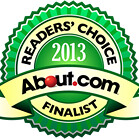
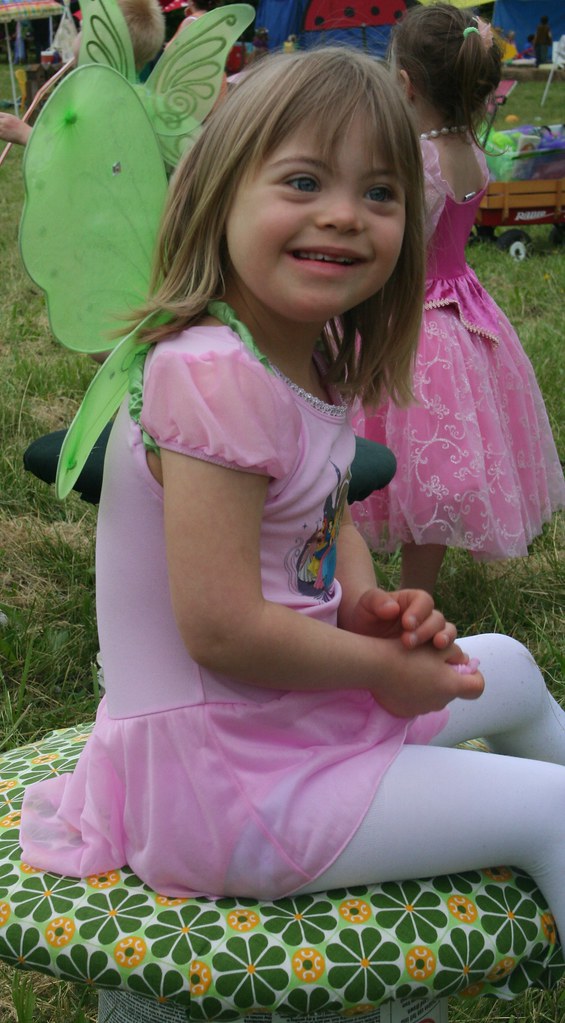

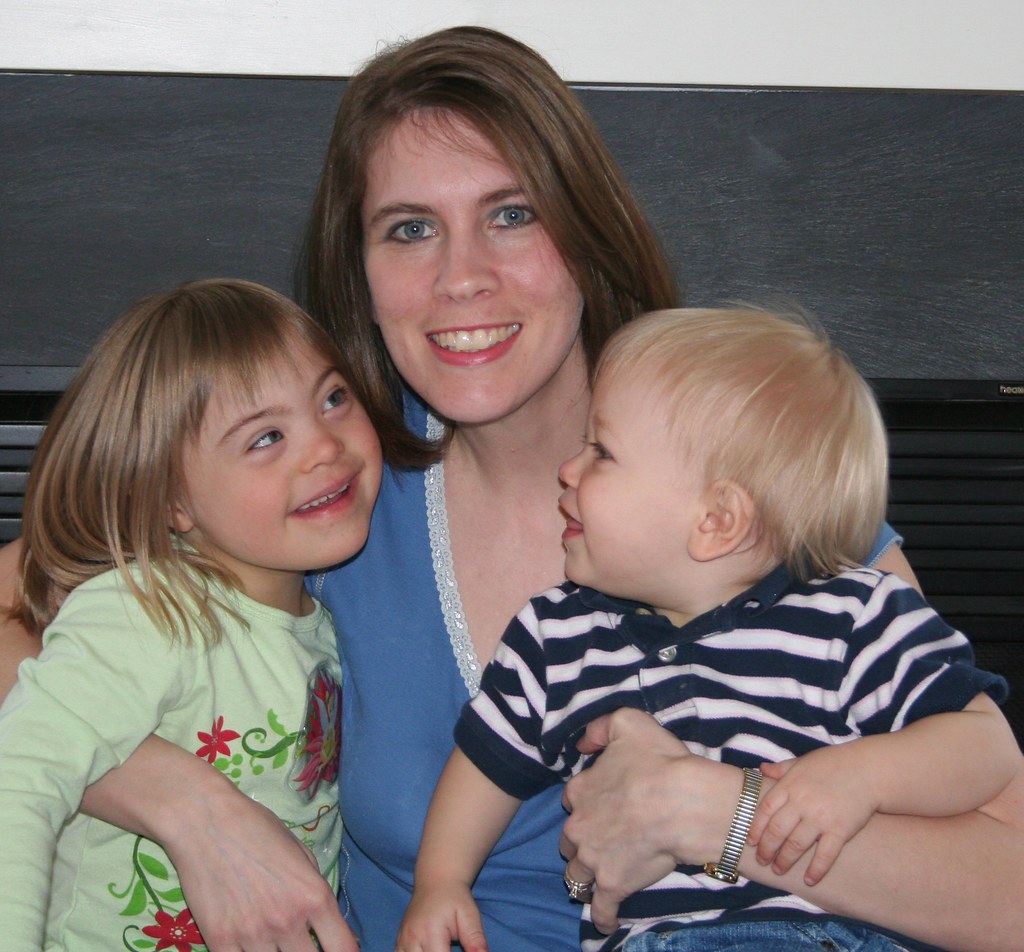
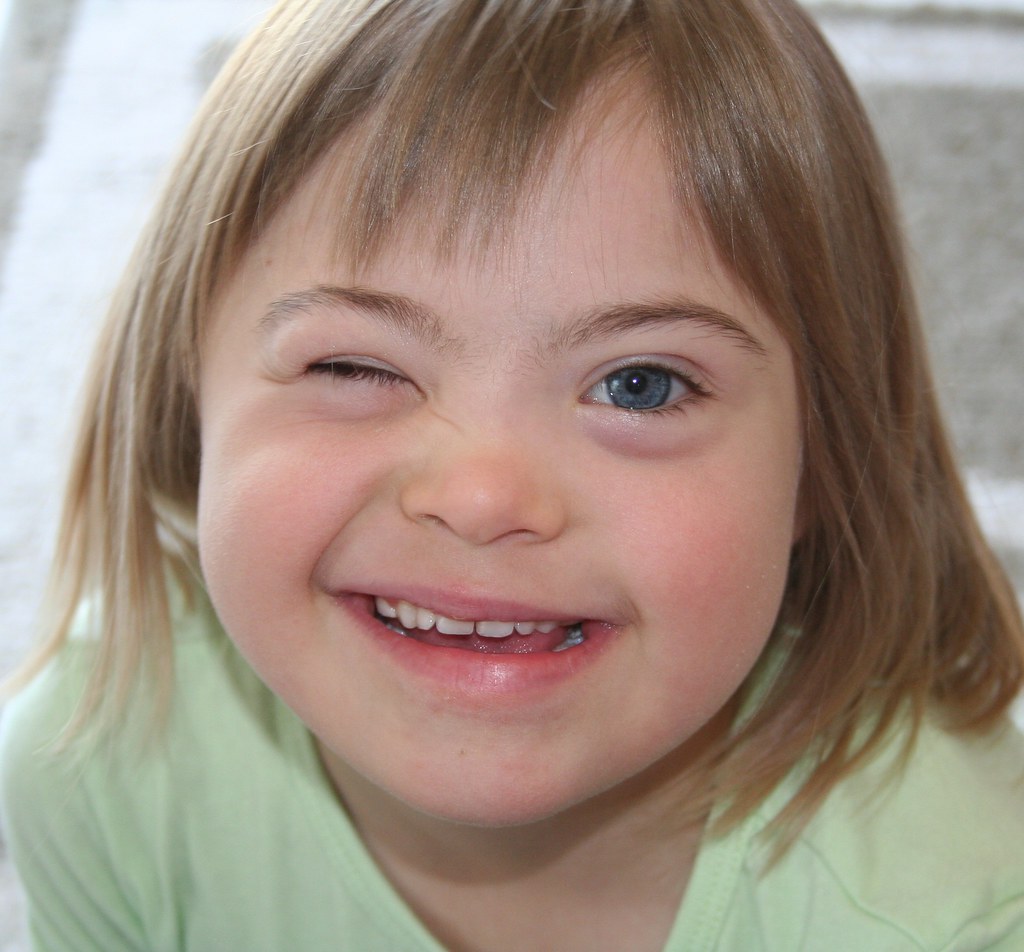
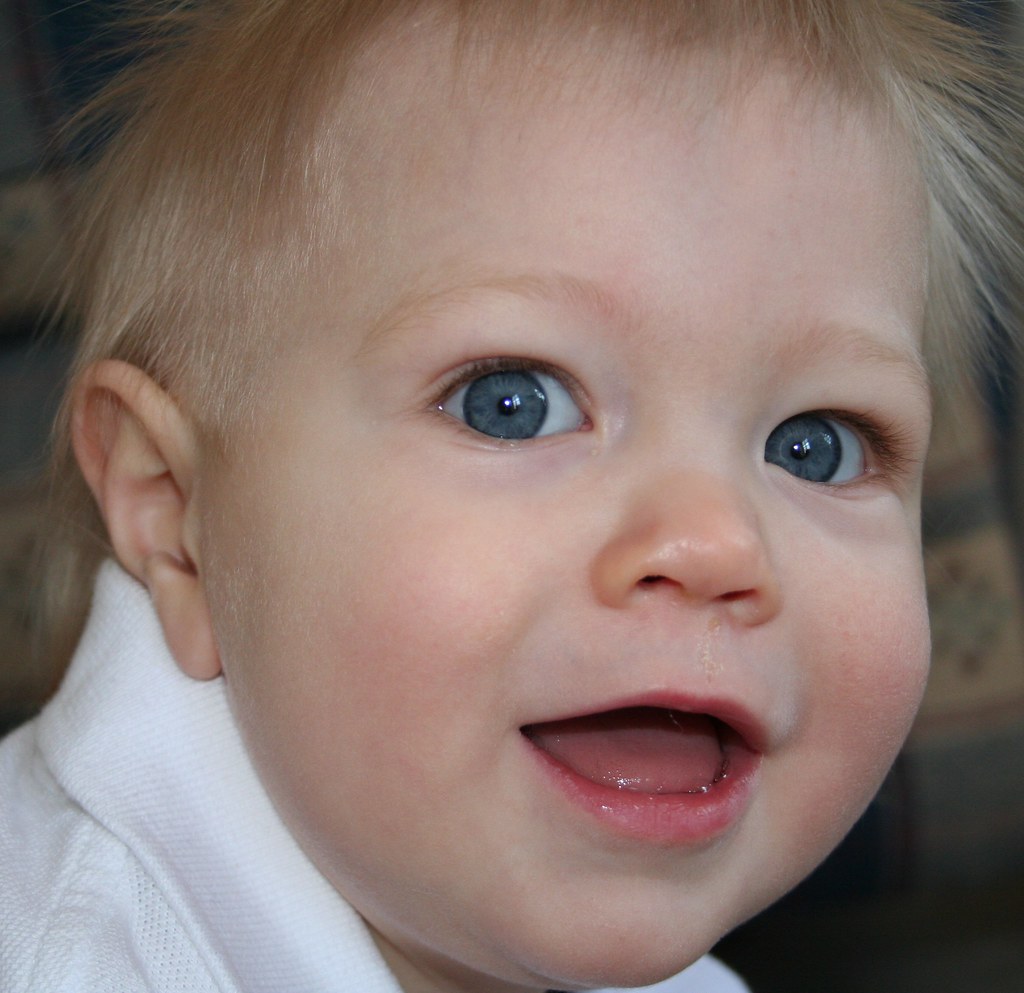
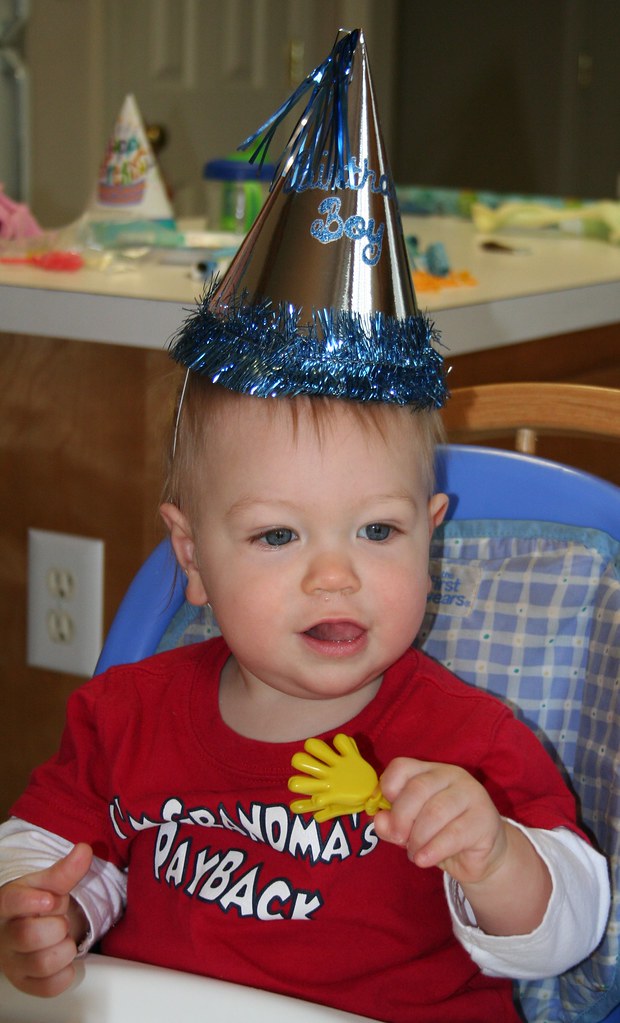
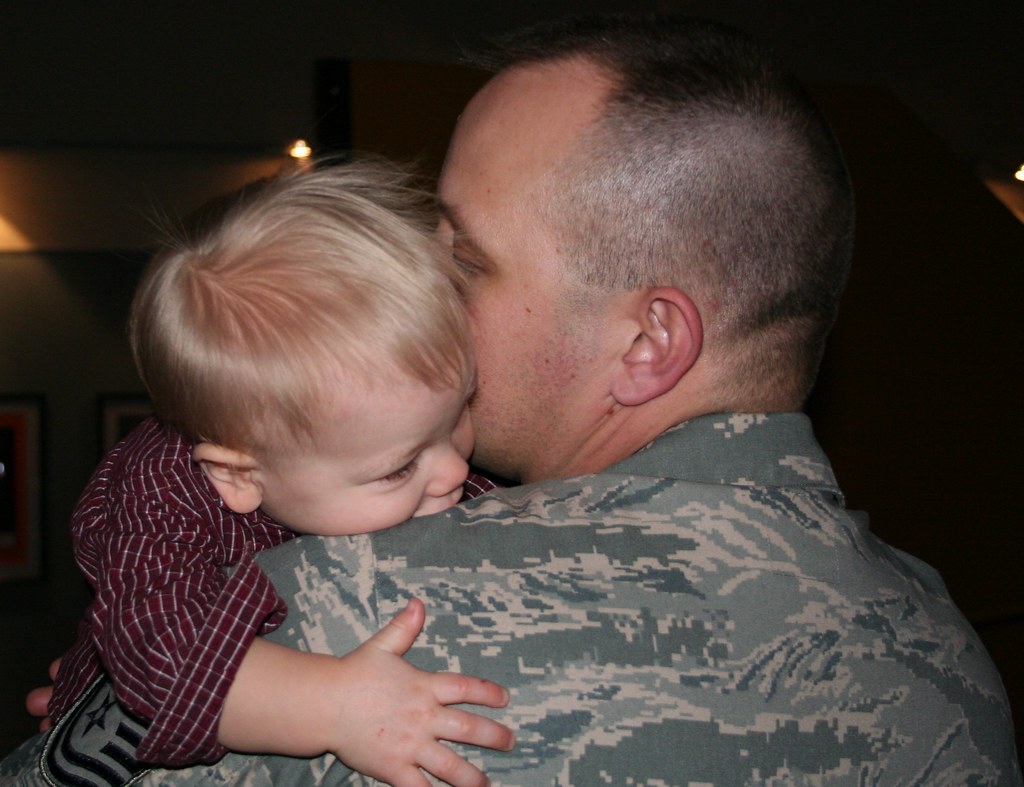
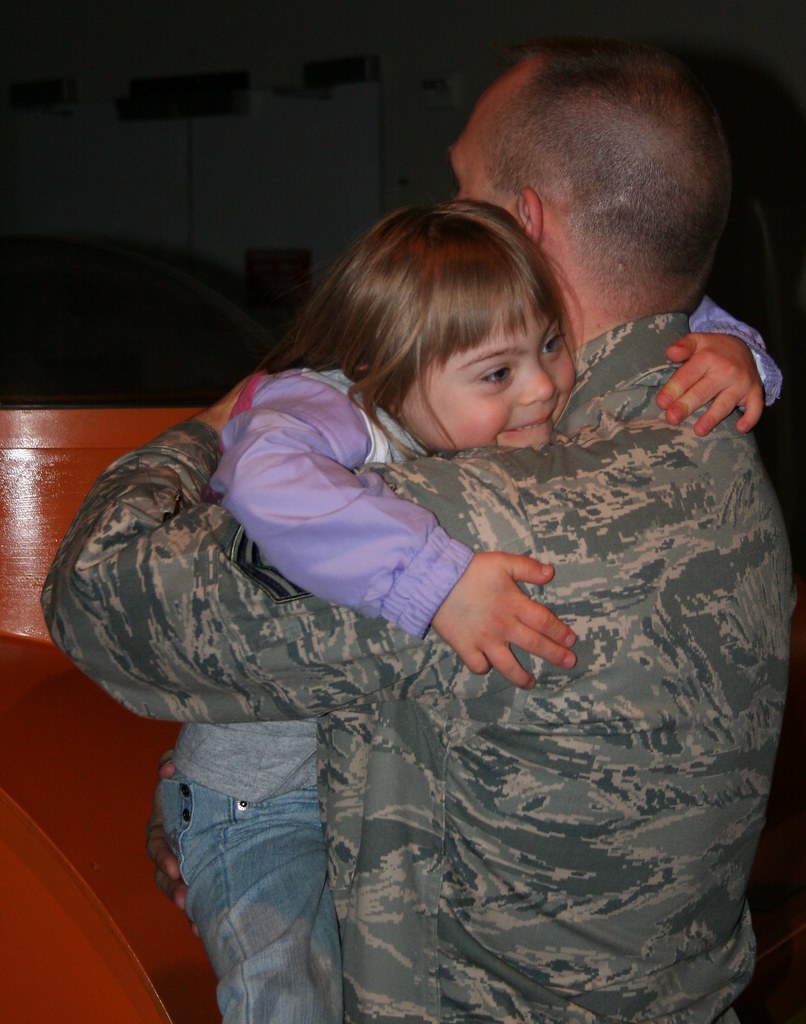
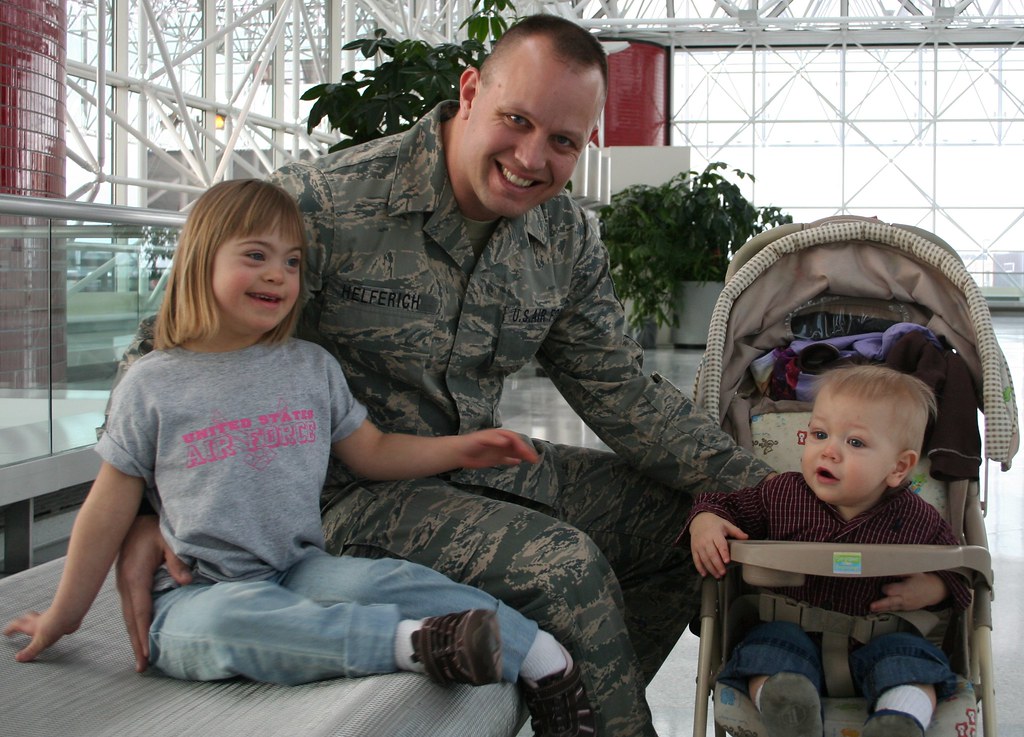
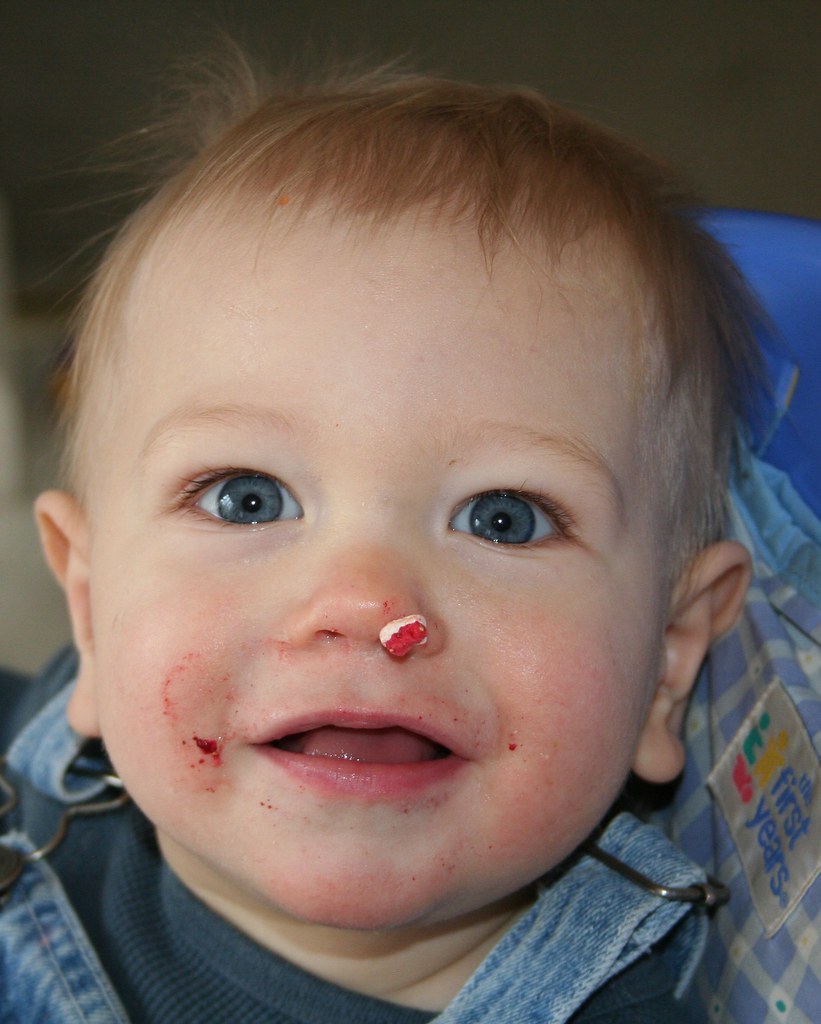
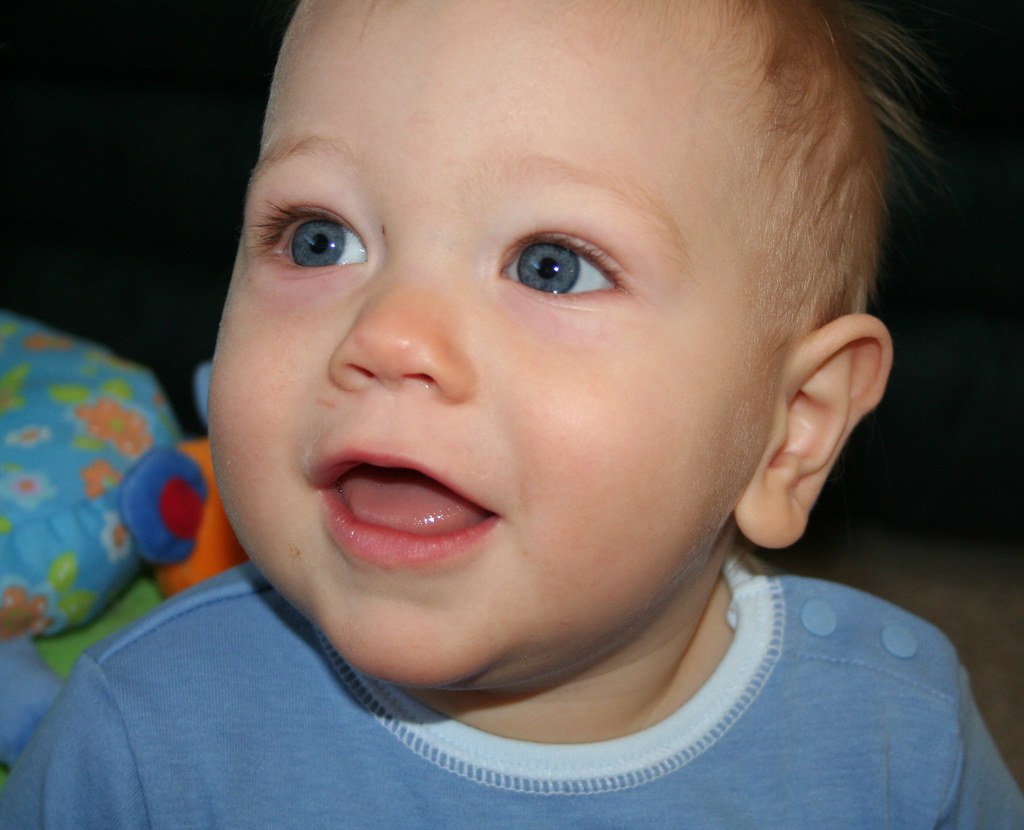
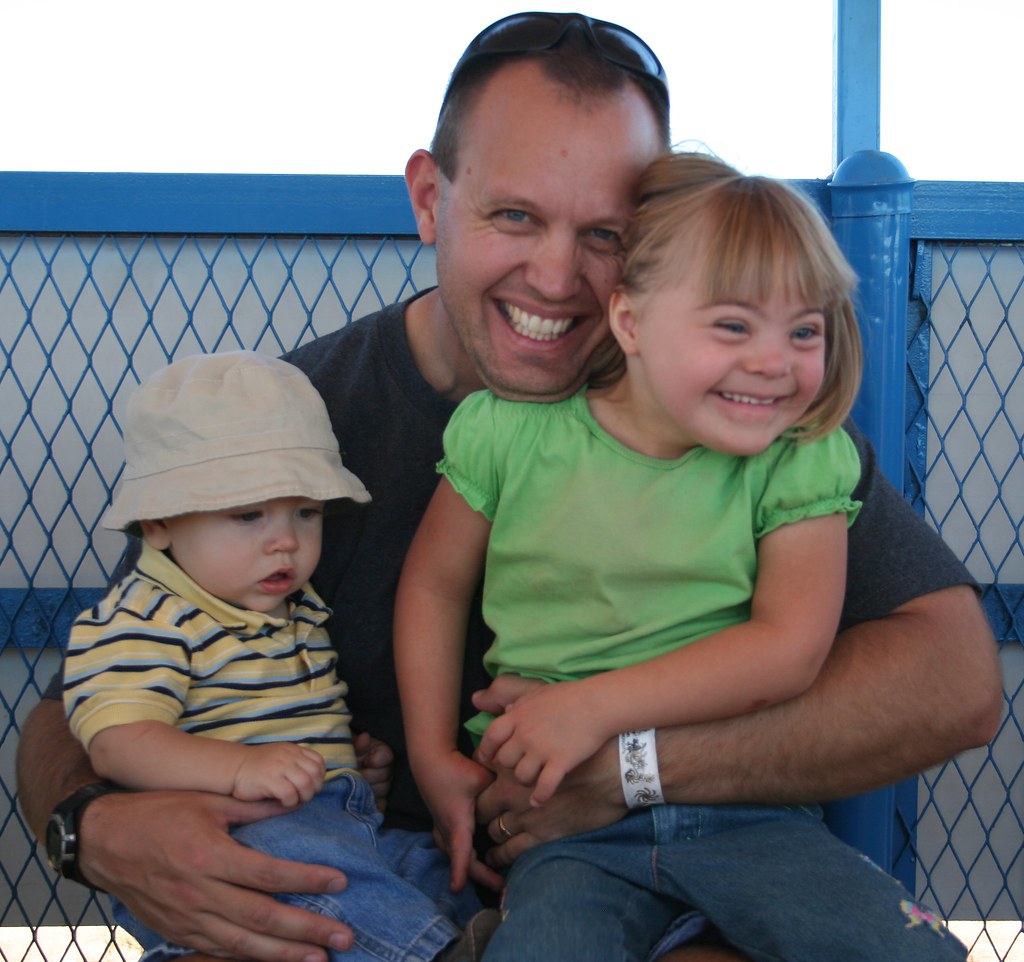
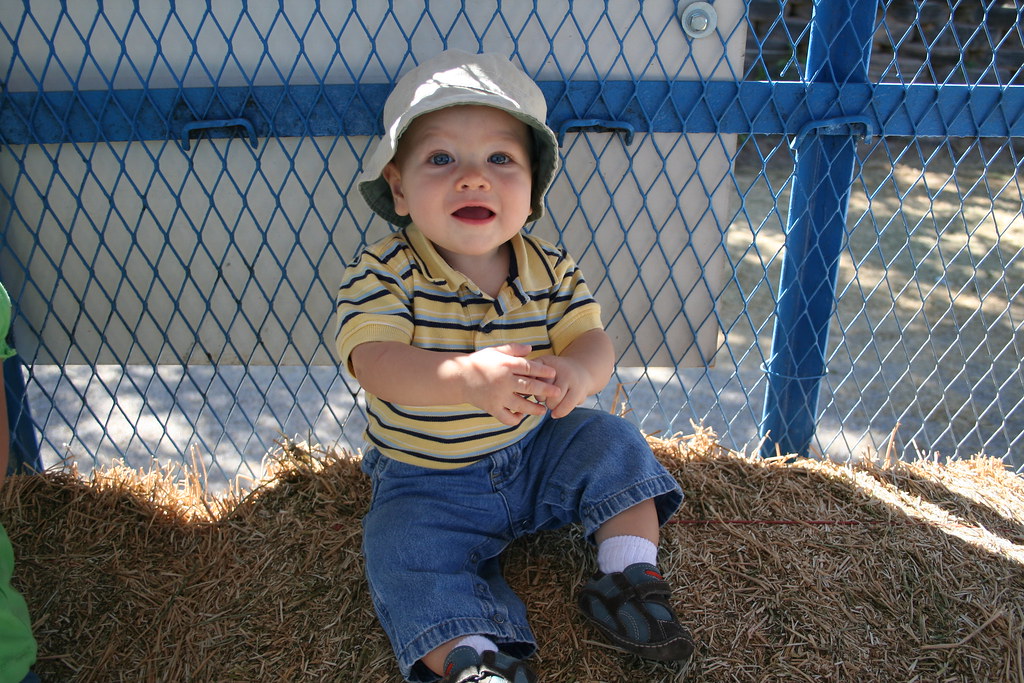
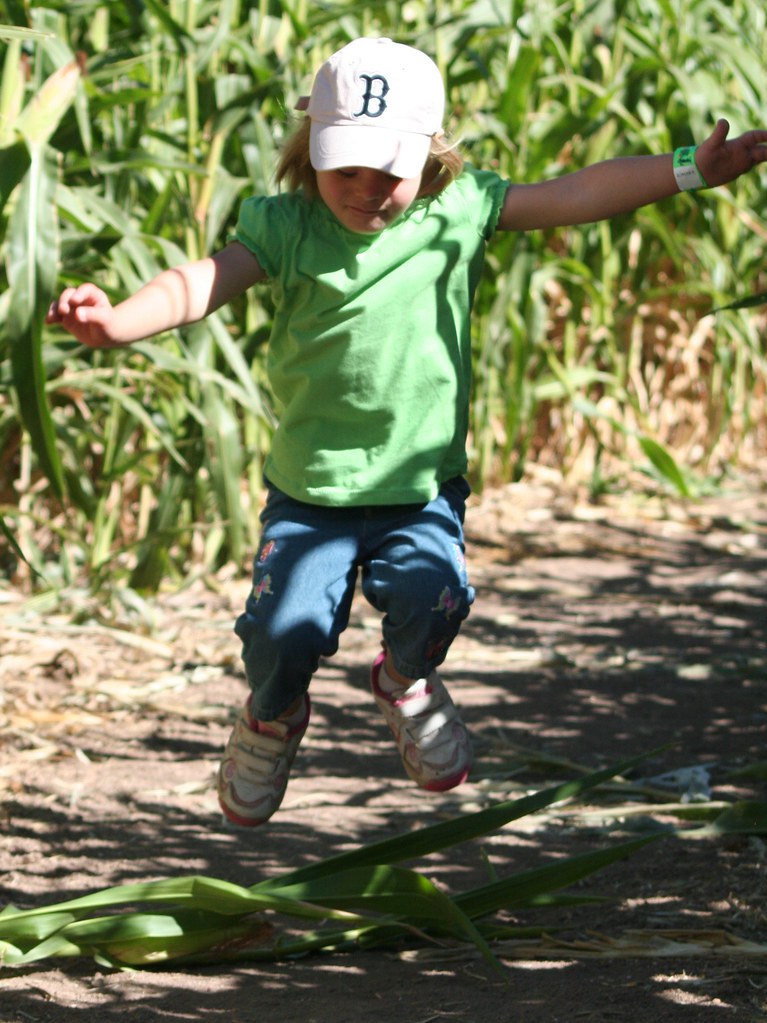
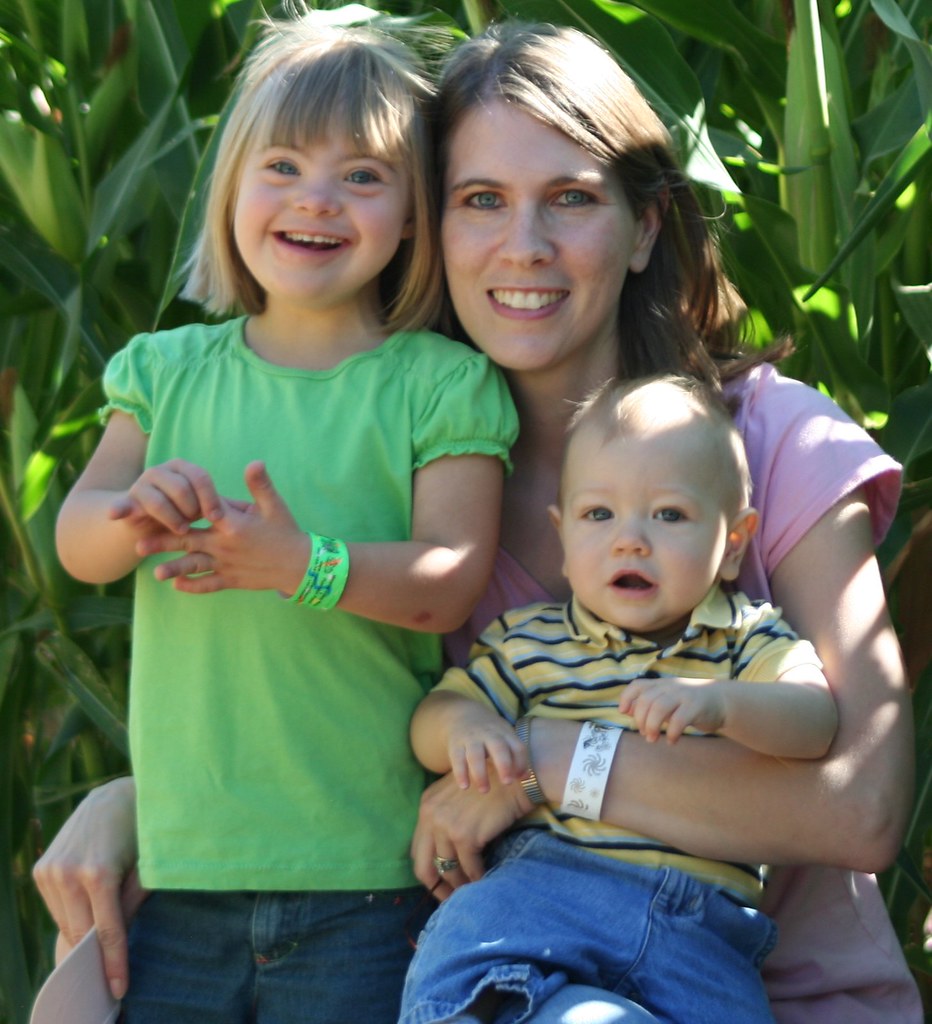
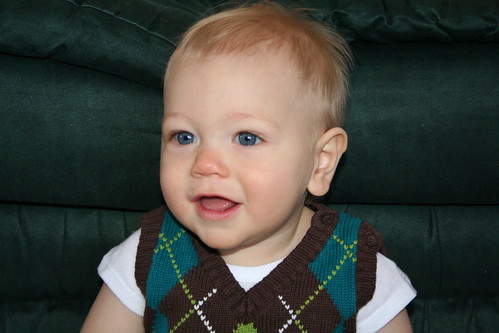
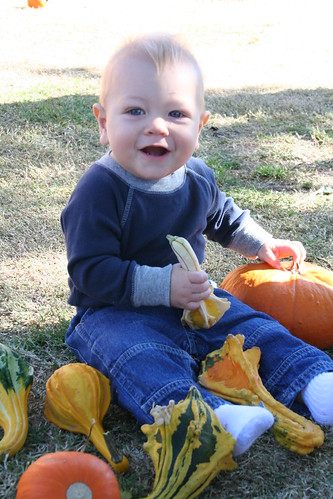
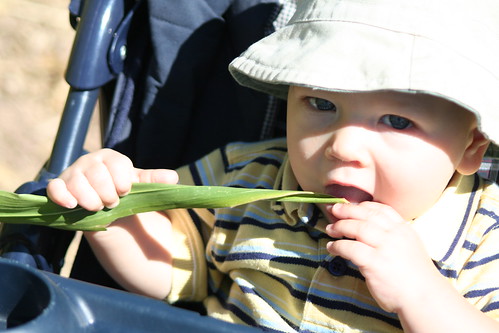
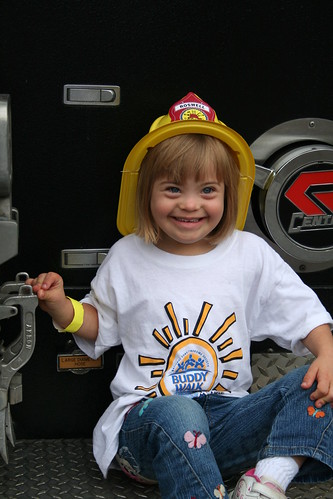
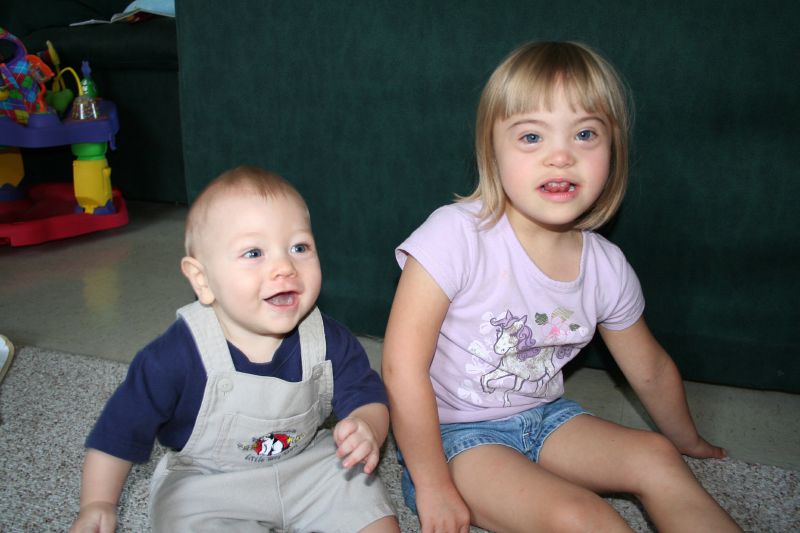
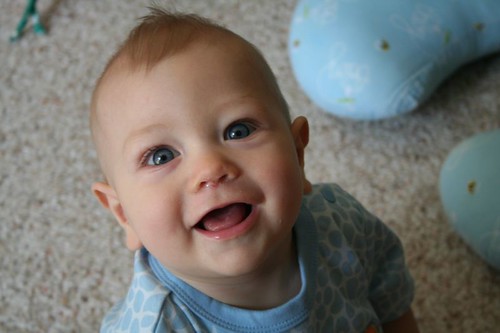
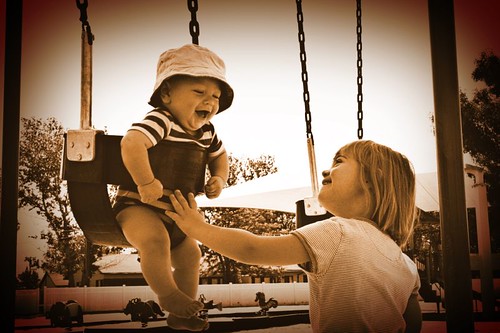
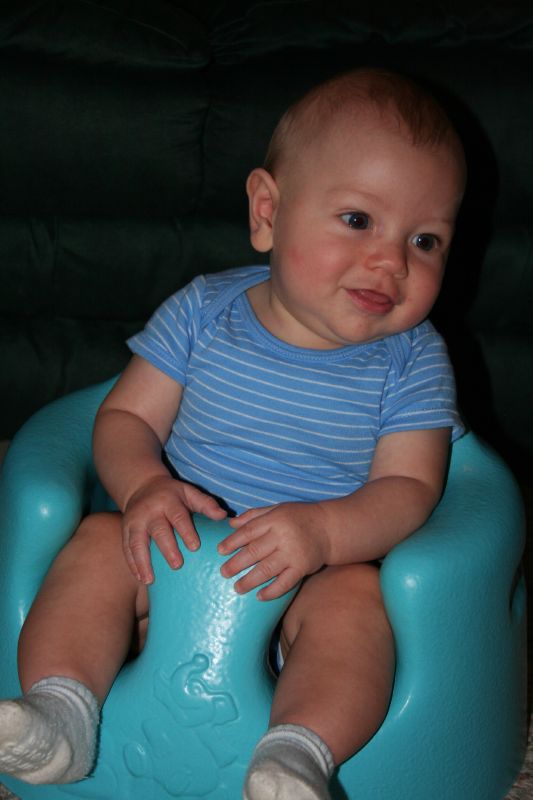
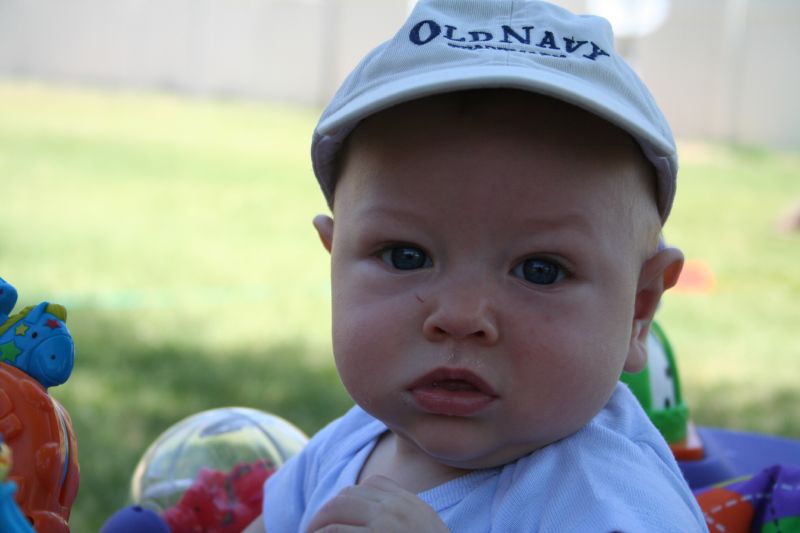
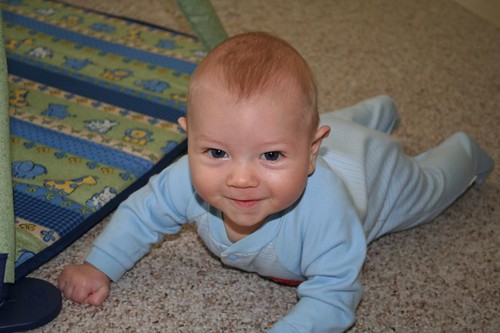
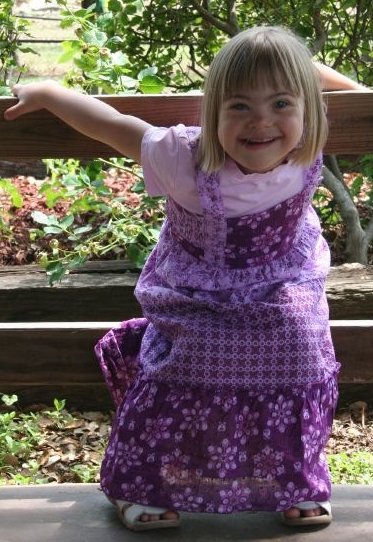
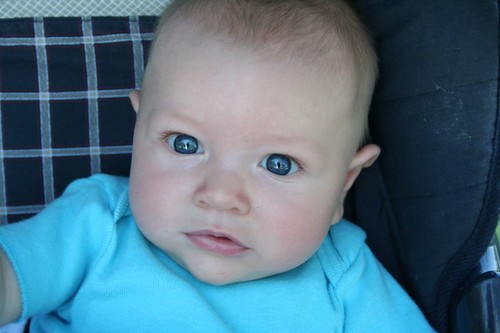
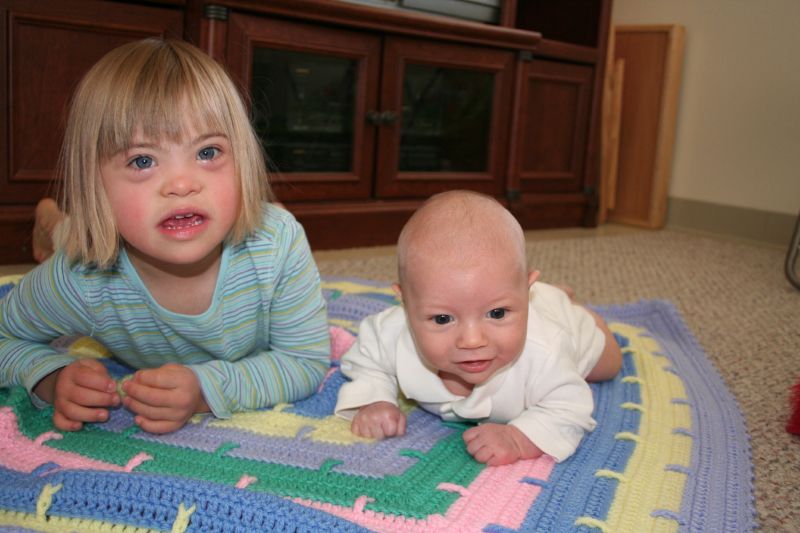
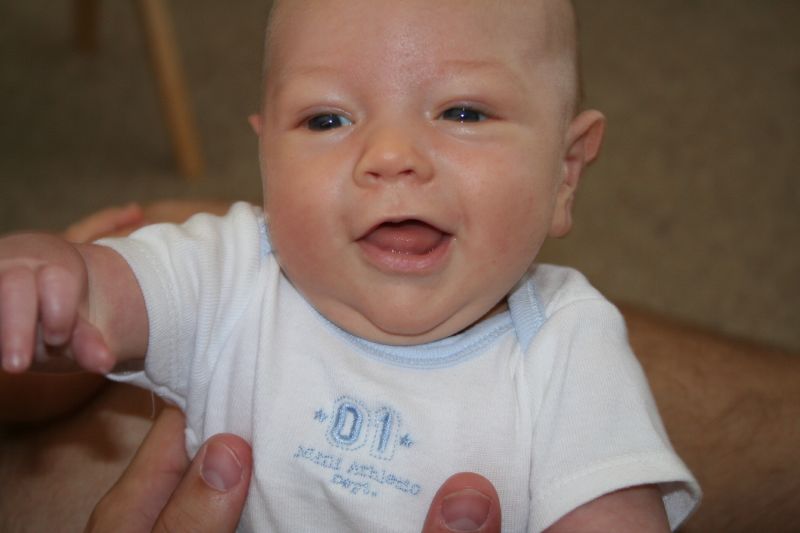
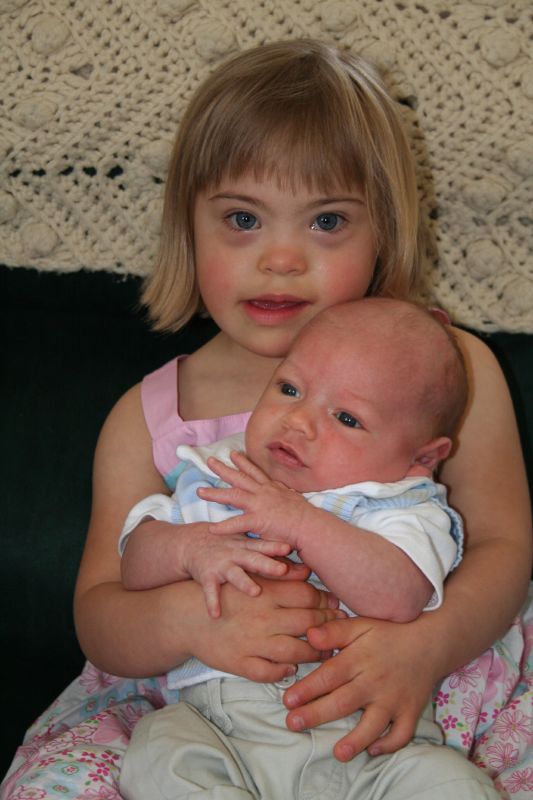
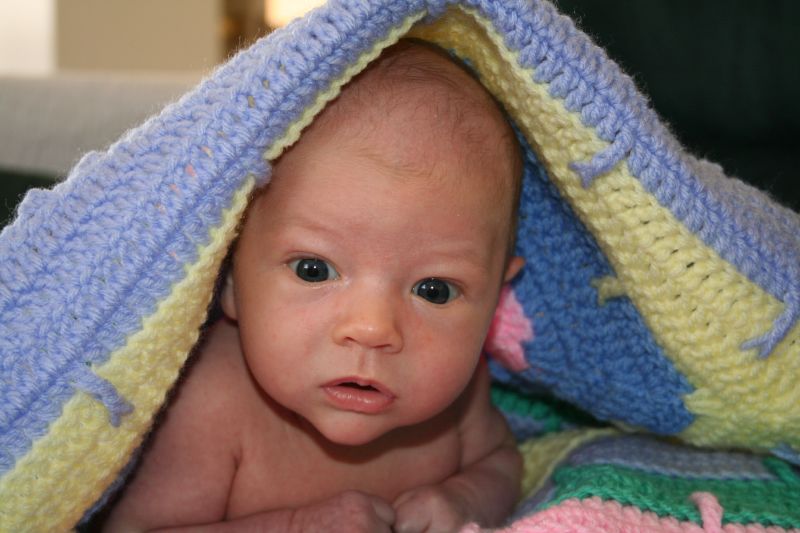
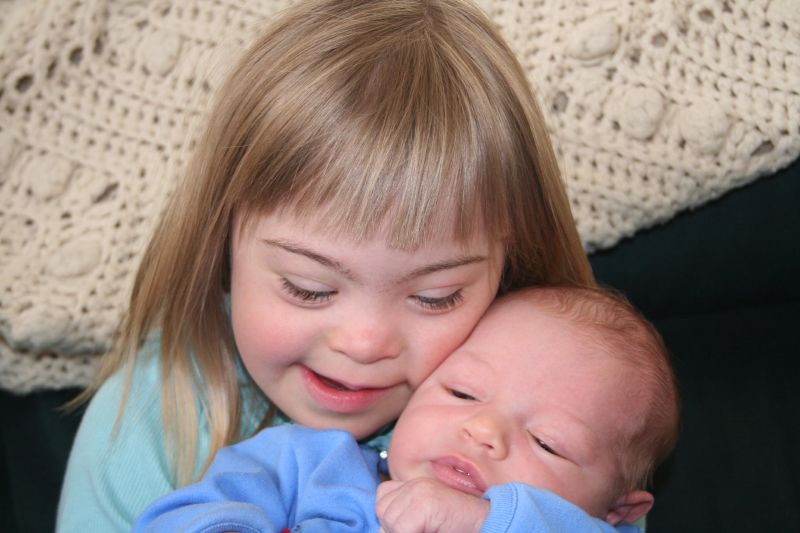
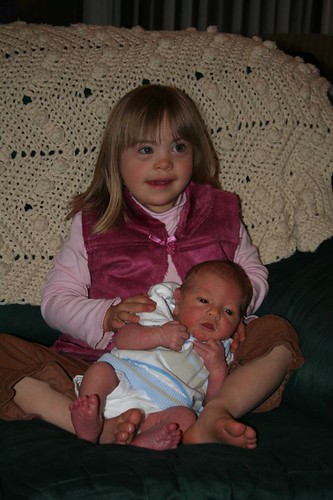
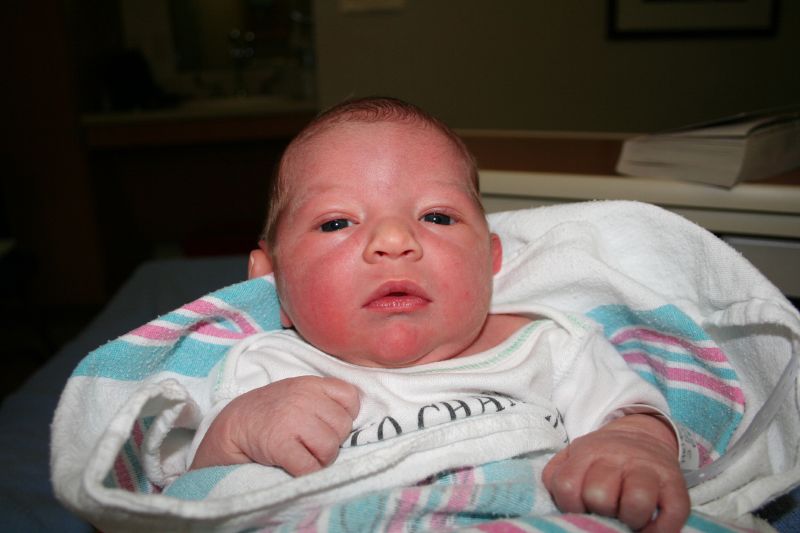
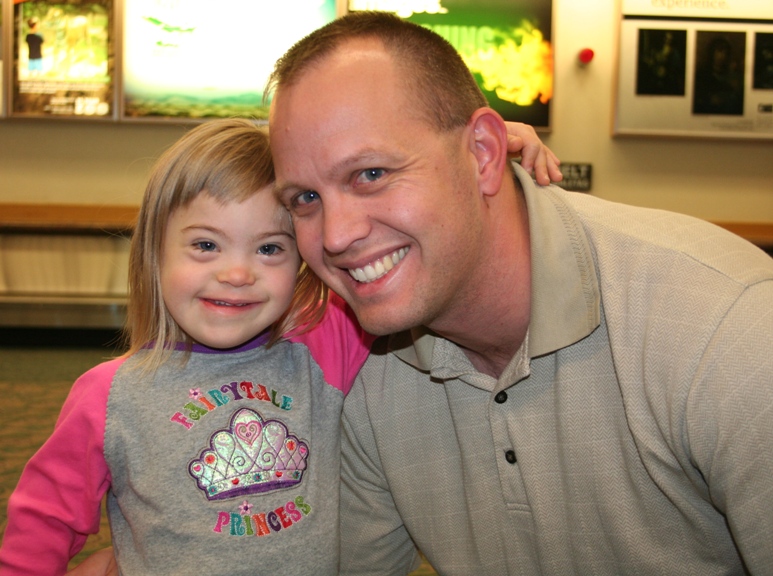
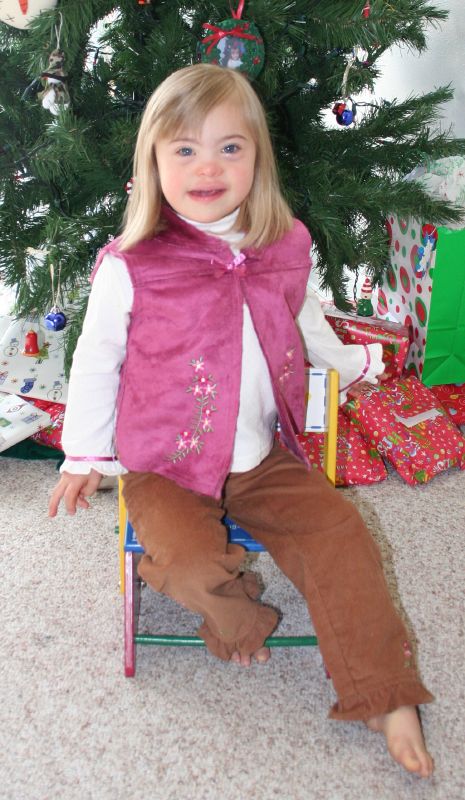
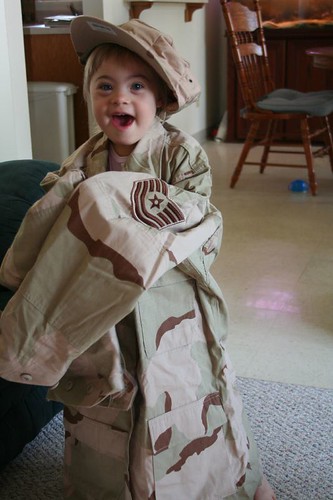
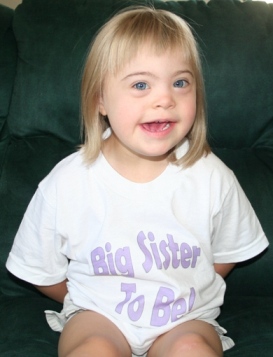
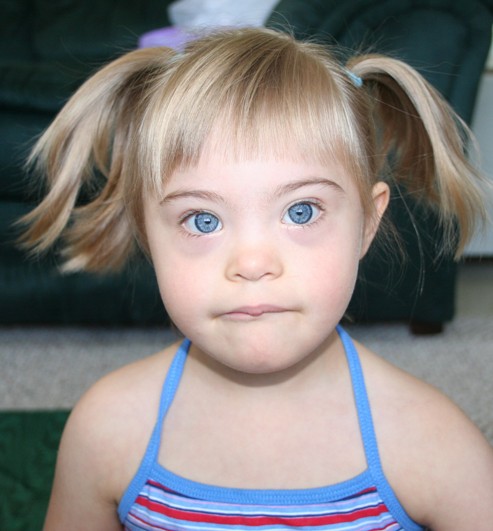
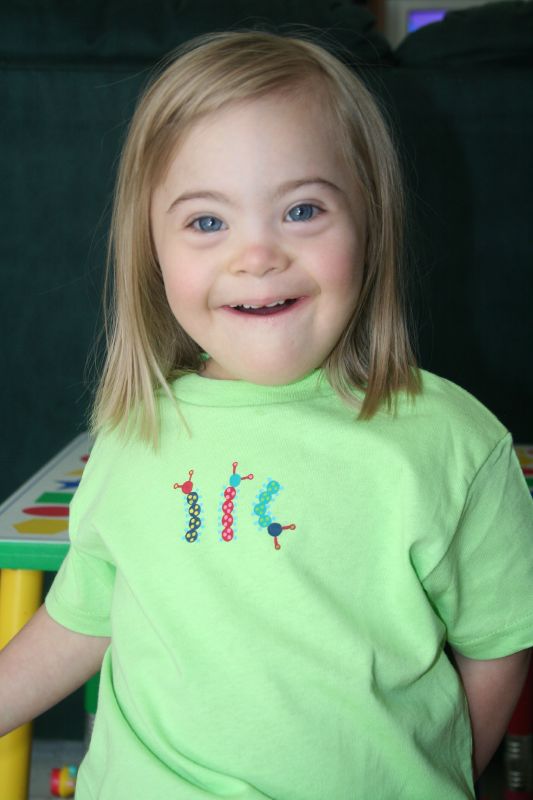
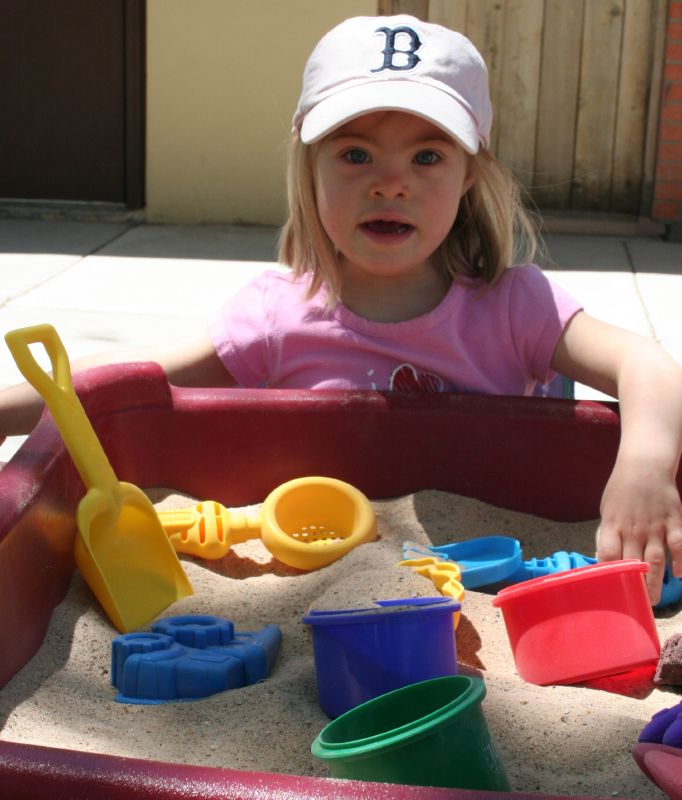
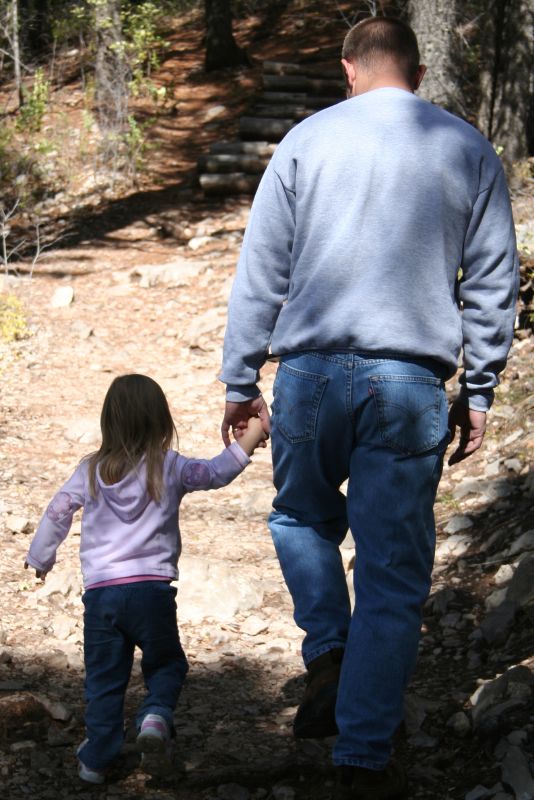
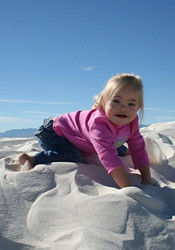
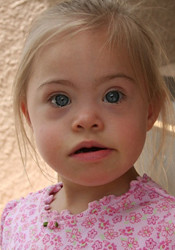
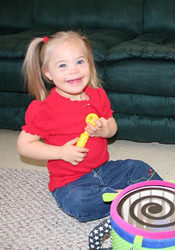



No comments:
Post a Comment